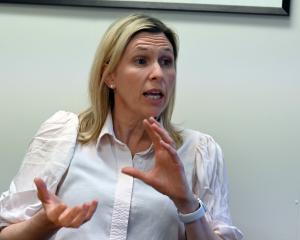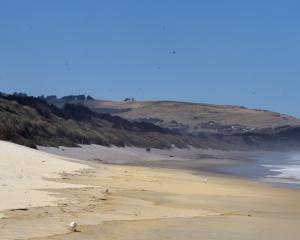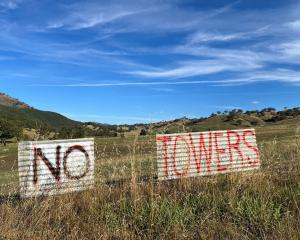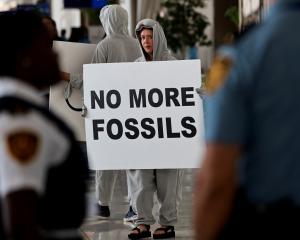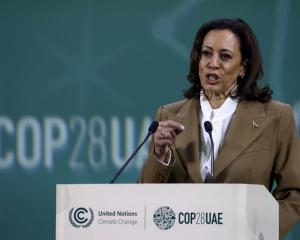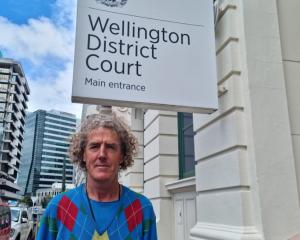Discussion of climate change science and politics is more active and essential than ever.
In the lead-up to the International Panel on Climate Change's fifth assessment (AR5), panel head Dr R.K. Pachauri has spoken of his confidence in the IPCC process ("Restating the IPCC's Reason for Being" BBC Viewpoint, 15.6.10).
This support for business-as-usual science comes amid a sustained frenzy of scientific publications, negotiations and media releases aimed at maintaining the failed positions taken at the UN Copenhagen climate conference last December.
The IPCC's "warmist" consensus remains well supported and its case strong in public perception.
But the arguments seem disconnected and the debate so polarised as to be impotent.
Something is out of balance. Something is wrong with science.
Rather than just defending the IPCC's corner, what might break the impasse in knowing how to take action would be a succinct appraisal and probably a new formulation of corner-stone elements of climate change science.
Two points of view are needed.
The IPCC would update and summarise the most essential parts of its 2007 AR4, and an equivalent panel would outline what the many serious sceptics really stand for.
This might muster a more actionable scientific case and break the deadlock.
Sceptics, albeit disparate and unorganised, have plausible wide-ranging counter observations to offer - from physics (climate sensitivity), to ecology (latent to sensible heat transfers), to the eminently scientific Gaia Theory (without Lovelock's apocalyptic warnings).
Their ideas, many of them peer-reviewed and published but ignored, could be marshalled in short order for an assessment and made accessible.
Then we could have a proper debate.
The suggested opposing climate change panels would need to avoid a propaganda war while playing to the court of public opinion.
The contest would be on scientific merit to test the credibility of the arguments. (Could the public be this responsible? Well, it's their environment.) Feedback from this process could be expected to greatly strengthen many scientific points.
Setting up opposing panels may not be the scientific way to advance a debate, but consensus, other than the one-sided one that is claimed by the IPCC, is not a short-term possibility, yet ways forward are needed with urgency.
We must end the current imbroglio: continuing with today's one-sided politics would favour today's "winners" who would keep on winning - until the day we all lose everything.
Critically, this climate change debate, come what may, is only a prelude to a larger environmental debate that is already taking shape led by the UNEP: (see: www.TEEBweb.org/).
We have been losing biodiversity for decades and world leaders, ahead of any influential scientists, are only now waking up to the possible impoverishment of most (probably all) ecosystems on Earth.
These effects are largely irreversible except on a geological time scale.
While the IPCC has been investigating physical climate, science has put physics on a pedestal and, through ignorance and false priorities, largely ignored climate-related aspects of a destabilising biosphere - even potentially critically important ones.
Today's political and scientific climate change skirmishes will define how well science can prepare itself to face up to this bigger environmental issue.
A good start would be raising the status of all of science, most notably ecology and Gaia Theory, especially in the eyes of the public.
A savvy and sympathetic public will be needed to support and co-operate in implementing remedial grass-roots measures, as with the "Great Green Wall of Africa" - trees to halt the advance of the Sahara Desert.
But first, science must gain a functional understanding of down-to-earth dangers from climate change and sea-level rise, as well as biodiversity issues.
Then it needs to show itself as responsible and worthy of public respect by helping to promote measures to counter these.
Without good science and trustworthy, fail-safe policies in critical environmental areas, by default, society will give way to a thousand years of politicised "climate change science".
Already, under unilateral IPCC leadership, this "science" is being touted widely as a religious belief system.
It's "What do we believe?" versus "What do we know?"
• Dr Cedric Woods is a biologist. He lives in Portobello.




